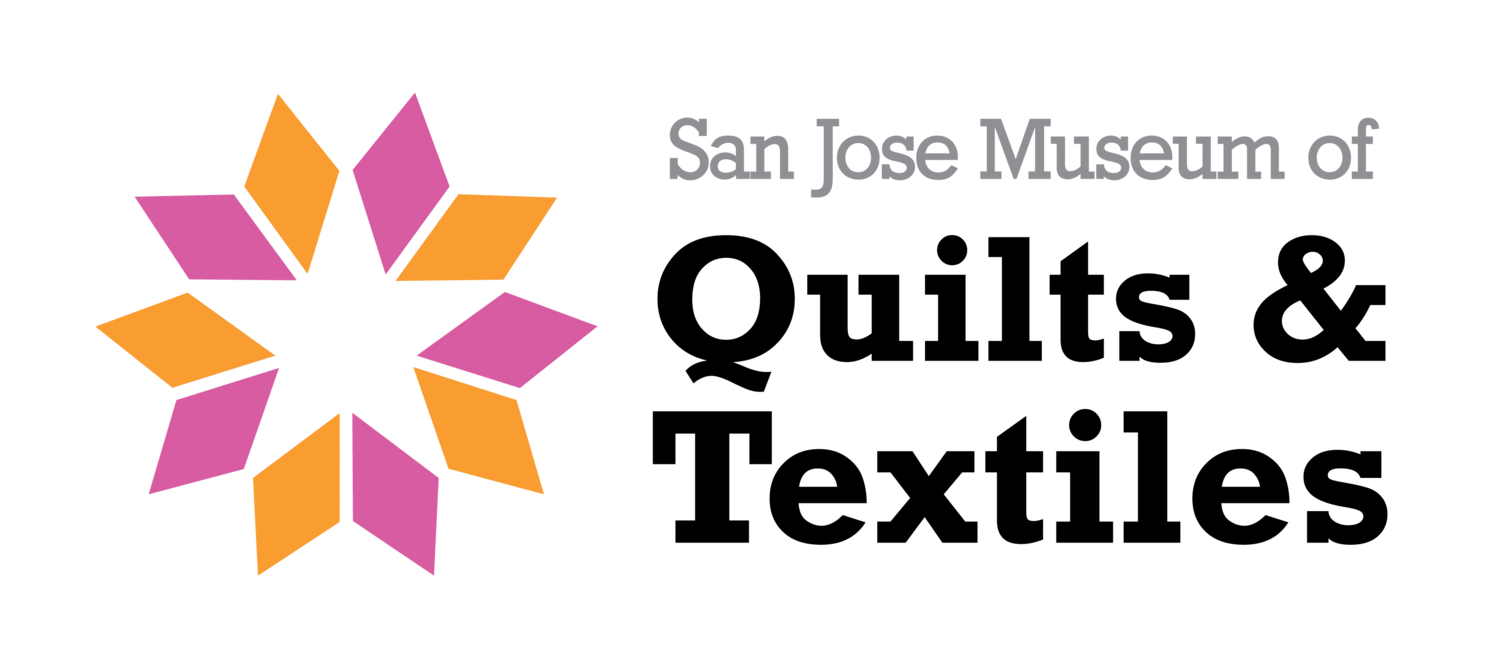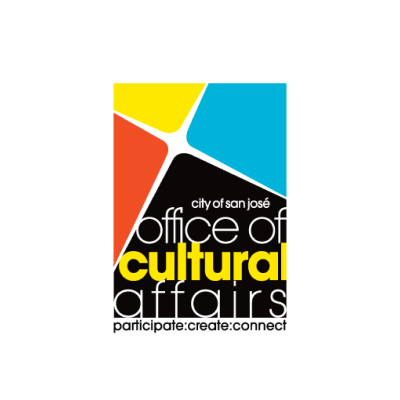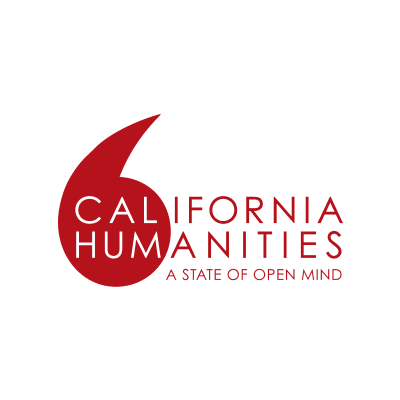Origami and furoshiki are both folding and wrapping techniques that originated in Japan. Origami, literally meaning “to fold paper,” was historically used in ceremonial and religious purposes. Paper was expensive at the time, so it was reserved for religious leaders and those that were rich. It eventually became more common for recreational use as centuries went by. Furoshiki, literally meaning “bath spread,” was used to hold clothes together at public baths so people’s clothing wouldn’t get mixed up. It was then used by merchants to transport and gift wrap items. The general idea of both was to create solid folds without using cuts or adhesives.
Today, origami and furoshiki are still used for a variety of purposes from practical to decorative. Origami has been used for mathematical purposes to inspire inventions like airbags and spacecraft mechanisms. Meanwhile, furoshiki has become a large part of the wrapping culture in Japan, evolving its use for items from large boxes to bottles. It is popular for its eco-friendliness as the cloth itself can be reused for other purposes as well. Beginners can quickly pick up these techniques as they only require one material to create beautiful decorations. Follow our tutorial video and downloadable instructions to learn a few techniques for all your future gift wrapping needs!













